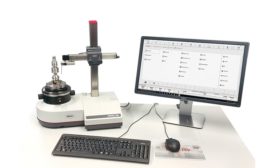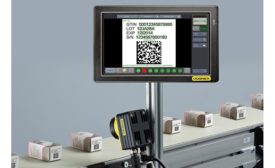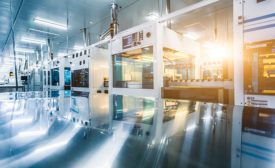Home » Internet of Things (IoT)
Articles Tagged with ''Internet of Things (IoT)''
The Volume of Data Is Increasing
One of the primary drivers for the amount of data available today stems from integrated systems.
November 6, 2017
Form Measurement: Making it Easy
Understanding these issues may help you advance your process, or at least, make things less difficult.
October 17, 2017
Capitalizing on the Convergence of Manufacturing Quality, IoT and Lean
Now more than ever, it is vital for experts in quality and operations technology to work together to help manufacturing plants realize the full potential from the industrial internet of things.
October 17, 2017
INDUSTRY HEADLINE
Hexagon Manufacturing Intelligence Keynote Presents the Factory of the Future at HxGN LIVE 2017
May 23, 2017
The Opportunities and Challenges of the Industrial Internet of Things
It's all about connecting smart sensors to the internet and using the information they capture to make better business decisions.
January 1, 2017
INDUSTRY HEADLINE
Registration Opens for the 25th Automation Fair Event
September 16, 2016
Stepping up to the Factory of the Future
Predictive simulation is underpinning the factories of the future through immersive visualization of the vast amount of data from Industry 4.0 components and machines.
September 1, 2016
Stay in the know with Quality’s comprehensive coverage of
the manufacturing and metrology industries.
eNewsletter | Website | eMagazine
JOIN TODAY!Copyright ©2024. All Rights Reserved BNP Media.
Design, CMS, Hosting & Web Development :: ePublishing







